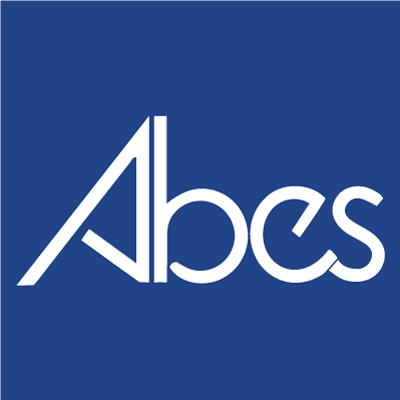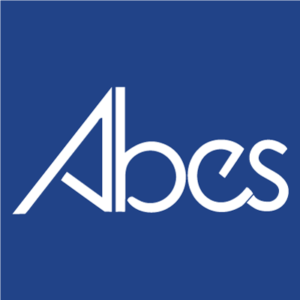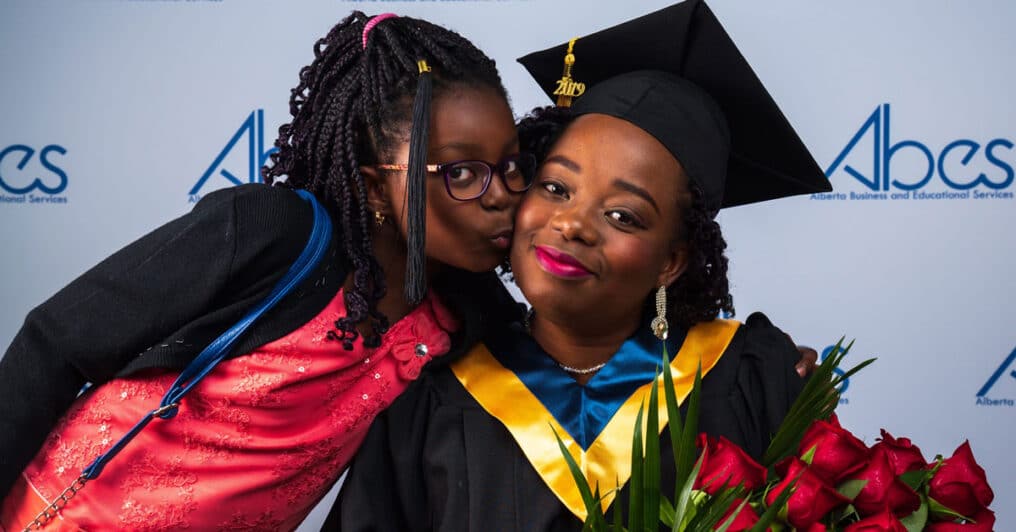What do you enjoy doing?
The first thing to consider is what you enjoy doing. While your mind might not jump to any specific subjects, finding what you enjoy and what you’re passionate about will make choosing the right program much easier. Perhaps you enjoy working with numbers, and in this case a science-based or mathematics program might be best for you. If you prefer to interact with people, then you might want to choose a more hands-on program with a lot of class-based interaction, or something in the realm of health care education.
Remember, you’re going to be doing this program for a few years, and perhaps continuing it in the form of a career for decades! So, you need to make sure that you pick something you actually enjoy!
What are you good at?
But along with what you enjoy, you also need to think about what you’re good at as well. It’s great to pick a course that involves a bit of your existing passions, but if you can’t pass the classes it won’t be much use. While you won’t know if you’re cut out for it before you get started, you can usually gauge it pretty well beforehand. Take our example of the health care education program. If you aren’t good with people, but still enjoy learning about health in general, you might struggle to engage with the classes, no matter how interesting you find the underlying content.
Your strengths and weaknesses will help you define where you plan to go in the future, as you want to play to your strengths while also improving your weaknesses. But playing to your strengths will be the best way to ensure you go down a path that is suited to your abilities.
What is your past experience?
Along with your strengths, you should think about where your past experience lies too. If you have lots of experience working in a customer service role, perhaps through a part-time job, then you might find a program in that realm to be a good choice for you, or indeed you might instead steer clear of these programs altogether! It doesn’t matter if your past experience was good or bad, as both can help to point you in the right direction.
Even your past experience with subjects at high school can help you make the right decision. If you were good at a specific subject and enjoyed learning about it, think about pursuing that further. If you’re struggling to narrow things down, think back to the subjects you didn’t enjoy or struggled with at school, and that might help you eliminate some of the wrong choices.
Where do you want to go?
The next question to ask yourself is a tough one. While you don’t need to have a ten-year career plan mapped out ahead of you, it will help if you at least know in what direction you want to go. If you want to end up in the banking and finance industry, you should pick a program like business or accounting. But if you know you want to spend most of your time working with people in the future, you might instead consider a program centered around interaction, like something in the realm of hospitality or some kind of health care education.
As we said, you don’t need to know exactly where you want to be in 10 years, but you do need to think about what direction you want to go in. This means you can set yourself off in that direction early, by choosing the right program at the start.
What interests you?
While thinking about your strengths, weaknesses and past experience are all great ways to create the ideal course profile for you, it’s also worth just thinking about what interests you. You might never have touched on finance in high school, and have no experience working in a bank, but it might be really interesting to you, and you might wish to learn more about what the industry is all about. This would be a good reason to choose a course like accounting or business.
Perhaps you enjoyed science at school, but it was physics in particular that really got your brain going. In this case, you might want to consider looking at the different physics programs on offer. What interests you is a very important thing to consider, as you don’t want to pick a program because it’s easy or has good job prospects if you aren’t going to find it interesting.
What do the job prospects look like?
Finally, you do need to take a bit of a pragmatic approach to picking the right course. You need to consider what the future holds for you if you do any specific program. Are there any jobs at the moment? Are there likely to be loads in the future? While we’re not asking you to predict the future here, a little bit of research into your specific industry can go a long way.
Just checking on job boards to see if positions relevant to the course come up, or getting in touch with businesses in the sector and asking them what they think the future holds can be a great idea. This can better prepare you for what to expect when you finish your program, as you don’t want to study something that won’t get you a job at the end!


